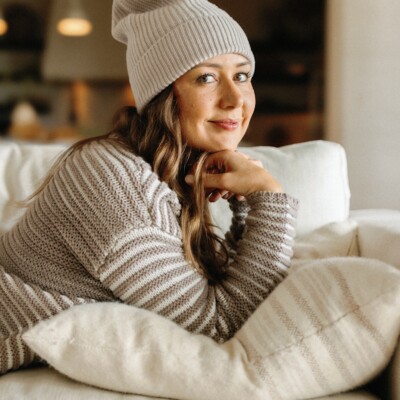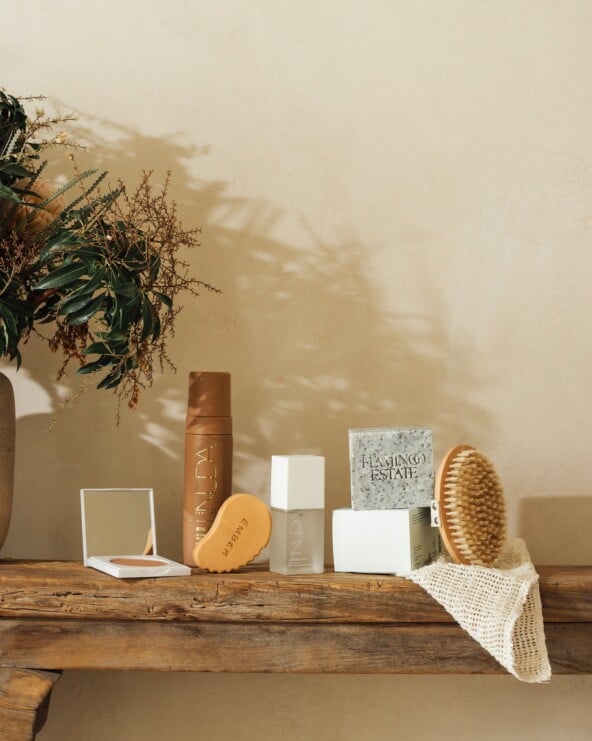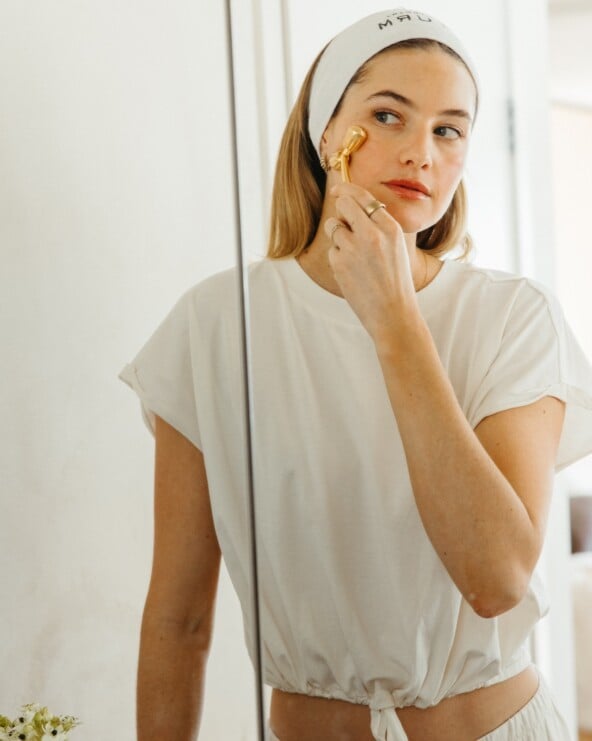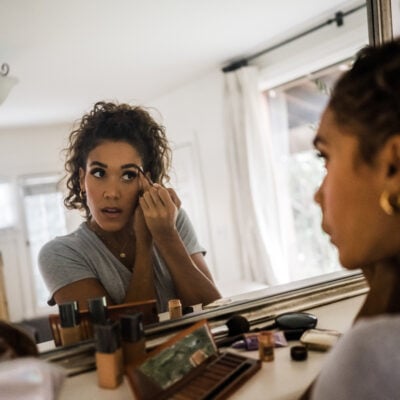The “clean” beauty movement has helped shine a light on so many worthy brands. In our search for natural gems, we’ve been introduced to True Botanicals, Tata Harper, RMS, Kosas, and so many more names that seemed to go from cult-loved to mainstream overnight. But despite the boom, shopping for non-toxic formulas remains, shall we say, murky. This is largely due to the term “clean” and the lack of a proper definition, along with many other marketing buzzwords that remain unregulated in the beauty industry. And then there’s the forever question when it comes to natural skincare products: Do they actually work? But just as the “clean” beauty category exploded due to the shoppers’ appetite for something safer, a new trend is emerging defined by brands that combine “natural” ingredients with cutting-edge science. Introducing the “cleanical” skincare movement where clean meets clinical.
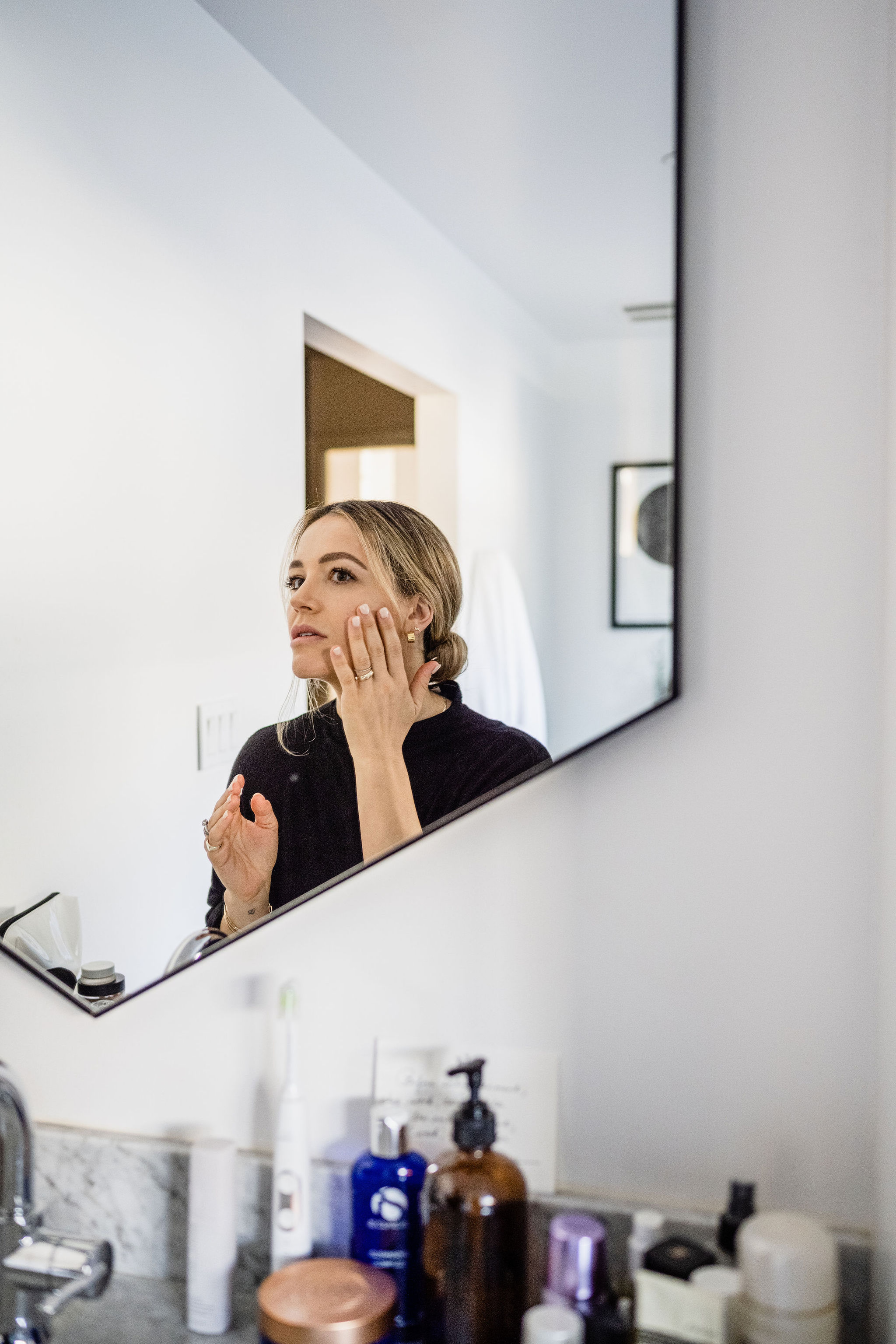
So, What Is “Cleanical” Skincare?
A blend of clean and clinical, “cleanical” skincare is predicated on the idea that lab-made synthetic ingredients can be just as safe as their natural counterparts, and may be more sustainable to produce than simply sourcing from the environment.
An example: Biossance’s popular Squalane + Vitamin C Rose Oil, which utilizes the brand’s highly stable, eco-friendly way to produce squalane using renewable sugarcane.
“[Cleanical beauty] harnesses natural ingredients, but with a parallel focus on lab-grown, performance-enhancing technology,” Cult Beauty founder Alexia Inge tells Glamour UK. “The eternal push/pull of nature and tech is still present, but now lab-honed ingredients, biomimicry and ‘green science’ blur the traditional lines.”
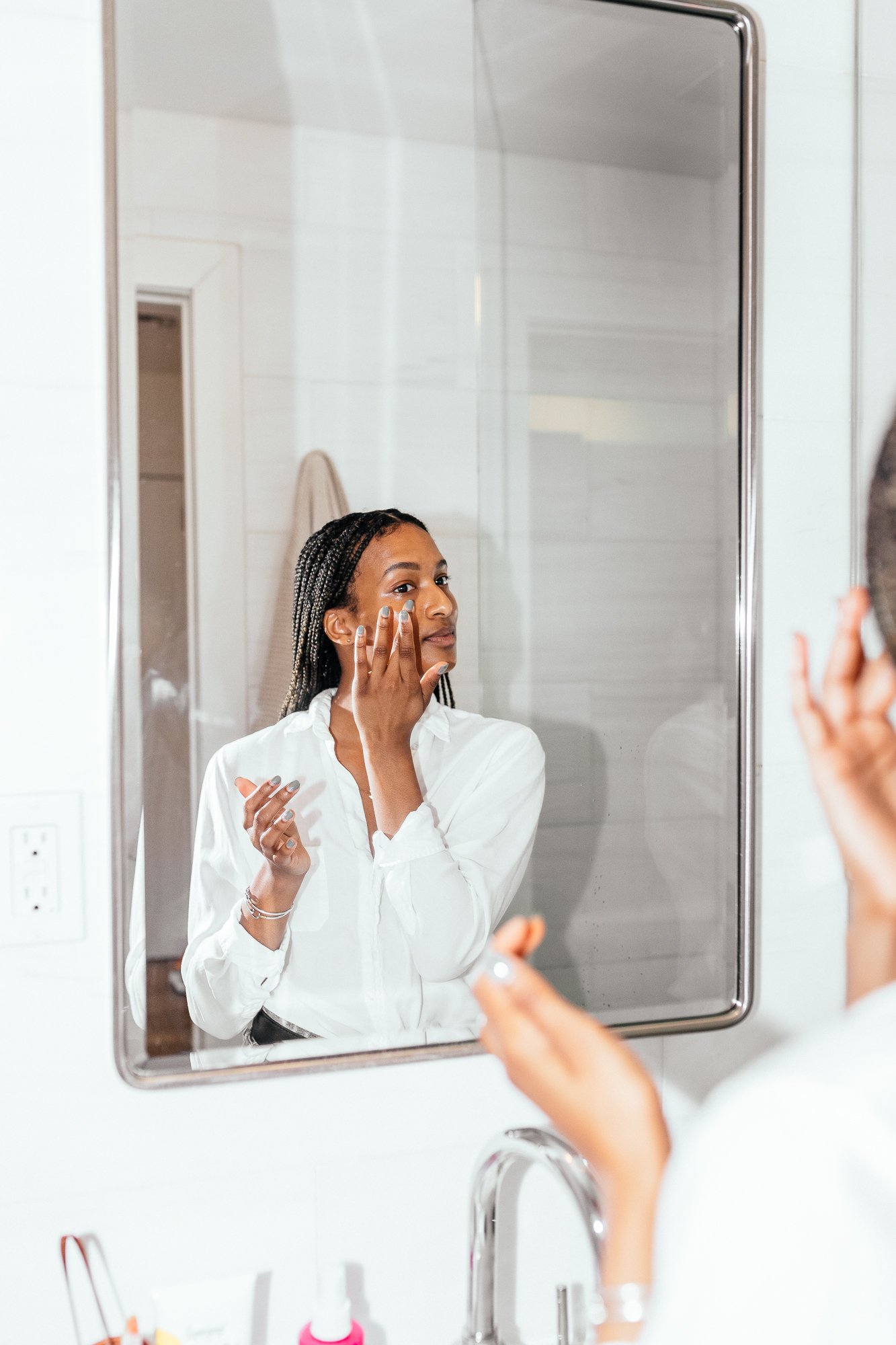
What Does It Mean for Consumers?
As we alluded to before, there is no industry-recognized definition of “clean,” so it’s always been important to learn how to read product labels and distinguish the real deals.
With the rise of the “cleanical” beauty trend, brands with an emphasis on clinical studies and science-backed research may get more attention, potentially helping to weed out the non-effective organic ingredients from the market.
From “Clean” to “Cleanical”
Trends aren’t always easy to trace, but the evolution from “clean” to “cleanical” makes sense. It could be a response to the industry’s woeful lack of regulation of brands that claim to be “green.” The editors at Glamour UK posit the pandemic may have led to an interest in adding science-backed research into the mix. After more than a year of relying on anti-bacterial products, many may be rethinking their relationship with chemicals. Of course, those who love to nerd out on the science of skincare will always appreciate a clean product with medical bonafides.
“Terminology borrowed from the clinical world will infiltrate beauty to a greater degree,” Inge tells Glamour. “Anything that claims to have medical-grade approval or standards will be deemed more effective and trustworthy by worrisome buyers.”
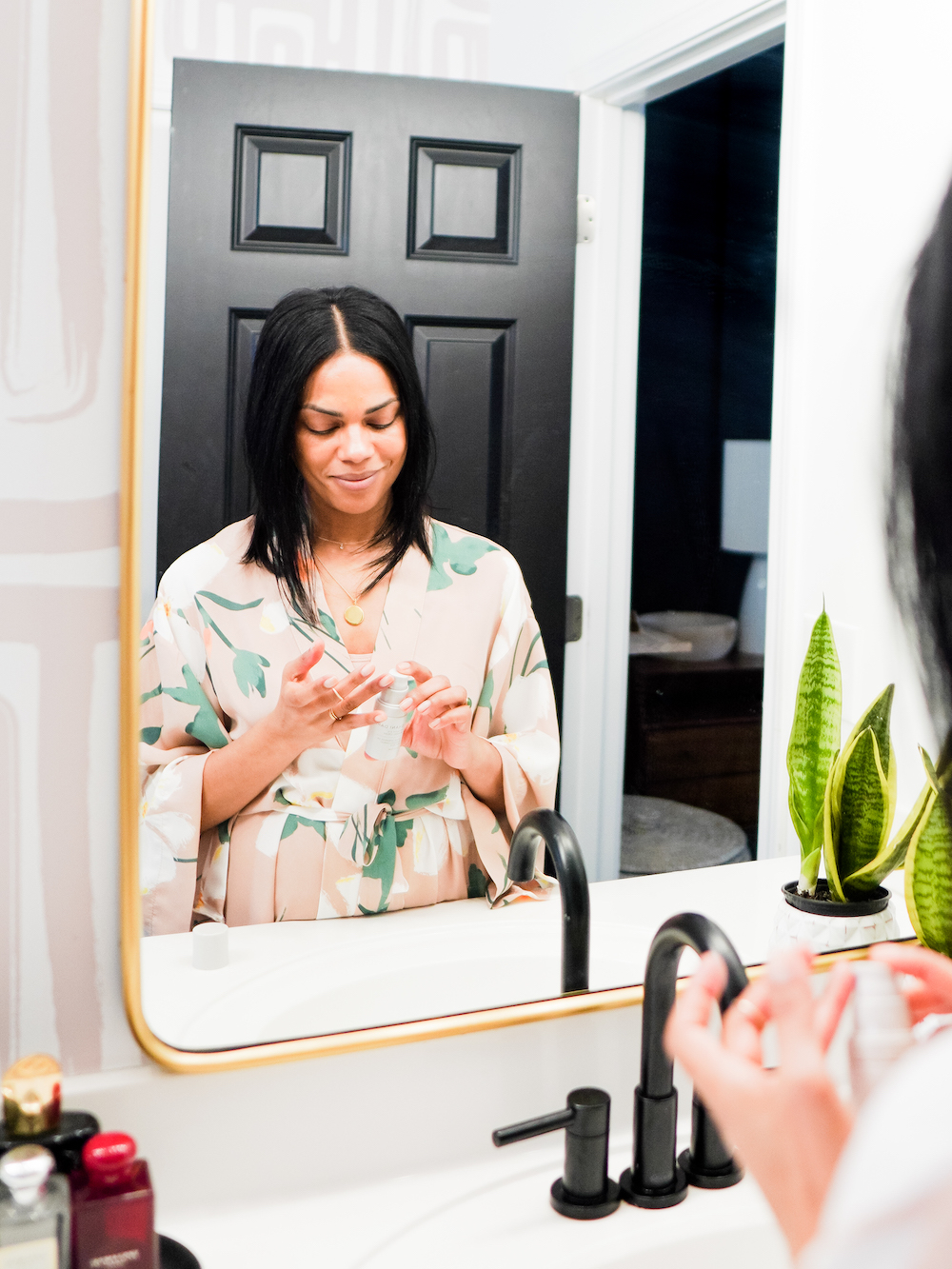
Brands Leading the Way in “Cleanical” Skincare
We mentioned their patented, high-tech techniques above, but the cruelty-free brand, which focuses on clinically proven and sustainably sourced ingredients, deserves all the shout outs.
Whenever I’ve polled dermatologists on brands they recommend, no name comes up more often than SkinCeuticals. From the famous CE Ferulic serum to their Triple Lipid Restore cream, the medical-grade formulations are worth the spend.
Another dermatologist favorite, the cruelty-free, medical-grade brand behind the popular D.E.J. Eye Cream is known for delivering high concentrations of efficacious ingredients.
An OG of the clean beauty movement, the brand and its bio-active-fueled formulas have been paving the way since 2000. For those with sensitive skin looking for “cleanical” products, REN is an excellent place to start.
Founder Rochelle Weitzner created her science-backed skincare line specifically for the three stages of menopause, a category often overlooked by the beauty industry. Pause Well-Aging’s Fascia Stimulating Tool—designed to minimize sagging—was cleared by the FDA as a class 1 medical device.
One Ocean
With their high-tech “blue biotechnology,” the luxury brand creates all its clean, active marine ingredients using sustainable practices that help conserve the ocean’s eco-ecosystem.


